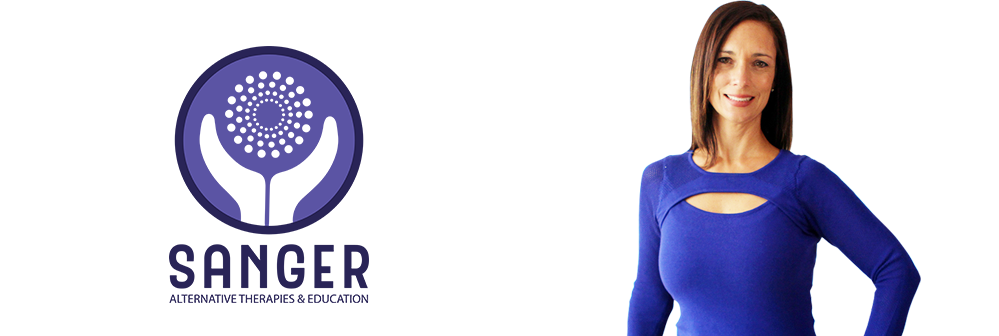In the final installment of our series on weight loss after 40, it’s time to put forth a little more effort, investing in yourself and your long-term health. Of course, the tips remain the same but, it’s what you choose to do about them that will make the difference in your life.
- Eat Breakfast – and fuel your body for the day.
- Stay hydrated – and you will look and feel young for decades to come.
- Sleep well – to maintain energy levels and stay sharp mentally.
- Start a food journal – track of what you eat every day; the first step to changing your unhealthy habits.
- Get a Thorough Check-up – Have your thyroid tested and make sure your liver is in good shape.
a. Have your Thyroid Tested
b. Have your Liver Tested
4. Start a Food Journal – and keep track of everything
Be a food detective and investigate what you choose to put into your body. Check all food labels, and avoid ingredients that cause not only weight gain but other health concerns, such as: sugar, trans-fats, high-fructose corn syrup, and long chemical names that you cannot pronounce. The healthiest foods are found just as nature intended – whole and unprocessed.
Many of us think we have a healthy and balanced diet. In reality, it can be quite a different story. By keeping track of what you eat, you will have a far better idea of what you are actually consuming – and the results might be quite a shock to you.
For the next seven days, be honest with yourself and write down everything you eat and drink. Keeping a food journal is a good idea, but you can also use an app, or even take pictures. You need to become fully conscious of exactly what you eat – and when you eat it. When you see visual evidence of your eating habits, it will be much clearer – and more powerful.
While I don’t encourage counting calories, it is a good idea to have an sense of what you are consuming on a typical day. Remember, it is what you do every day that counts, not what you do “now and then”. If some of your food journal entries surprise you, it’s also important to understand why you eat, as well as what you eat.
Are you eating for emotional reasons or physical hunger? Often, eating foods that aren’t healthy can be triggered by stress, boredom, loneliness, anger, depression, and other emotions. Learning to deal with emotions, without using food as a substitute for them, is a significant skill that will greatly serve long-term weight control.
5a. Get a thorough check-up – Have Your Thyroid Tested
Most of us experience a little fatigue, some extra weight, the odd irregular period, or feeling a little prickly now and then. However, if these are occurring on a regular basis in your life, your thyroid might be to blame. (Isn’t it great to know that some of what you’re feeling may NOT be “your fault”?)
Your thyroid gland is the thermostat regulating the energy for your entire body, and controls how efficiently you burn calories and how easily you lose weight.
The most common cause of hypothyroidism is Hashimoto’s Thyroiditis, an autoimmune disease in which the immune system attacks the thyroid. It is a very common diagnosis and affects more women than men. The months after giving birth are an especially high-risk time for thyroid problems to occur.
An underactive thyroid can lower your energy, make you feel sluggish, and make it extremely difficult to lose weight. In addition, if your thyroid is out of whack, you might be experiencing: constipation, dry skin, brain fog or trouble concentrating, anxiety, hair loss, and cold intolerance, to name a few.
So, if you’re experiencing any or all the above symptoms, make an appointment with your GP for some blood work. Treating your thyroid imbalance could be just what you need to get back on track.
5b. Get a thorough check-up – Have Your Liver Tested
Keeping your liver healthy and in top shape is imperative for weight loss, especially as you age. Your liver is responsible for breaking down the fats in your body, and eliminating the toxins that you are exposed to on a daily basis. Unfortunately, we are surrounded by toxins in the air we breathe, the water we drink, the food we eat, and the beauty products we use. If your liver becomes overloaded and unable to eliminate these toxins, your liver will store them as fat cells. Have you heard of sluggish liver? Or fatty liver?
These conditions result from the inability to efficiently and effectively process the toxins that we ingest. Here are some common symptoms of toxic overload:
- Unable to lose weight, especially around the middle, no matter how much you diet or exercise
- Low energy, always feeling tired, sluggish, and lethargic
- Migraines or frequent headaches
- Bloating
- Constipation
- Indigestion
- Allergies
- Fatigue
We need to cleanse and protect our liver so it can effectively burn fat and regenerate. Refer to the lemon water drink for detoxification above.
What do you think of our list of important tips for weight loss after 40?



